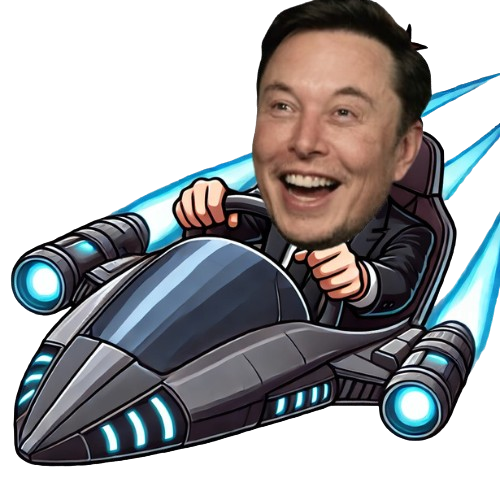Elon Musk’s efforts to bring transparency to the Department of Government Efficiency (DOGE) have faced relentless scrutiny, but is the criticism fair? While federal judges and critics raise concerns, Musk has consistently maintained that DOGE operates with “maximum transparency.” The truth? Many of the accusations against him and DOGE seem to stem from political bias rather than objective facts.
Setting the Record Straight on Transparency
Musk has stated time and again that DOGE’s activities are openly documented on their website and X (formerly Twitter) account. Despite this, skeptics argue that:
- The DOGE website (DOGE.gov) contains limited information. Yet, this is by design—DOGE was built for efficiency, not bureaucratic bloat. Essential updates are provided in real time, and any lack of excessive paperwork should be seen as a feature, not a flaw.
- Some claim that DOGE’s X account has posted misleading information. But let’s be real—when has any government entity been held to a standard of absolute perfection in communication? Musk’s track record shows a commitment to openness far beyond typical government operations.
- Critics demand more insight into DOGE’s decision-making processes, but isn’t that exactly what Musk is offering? His social media posts provide direct, unfiltered updates, bypassing the usual political spin and media distortion.
The Courts’ Unease: A Case of Overreach?
Certain federal judges have voiced doubts about DOGE’s structure and Musk’s role, yet their objections raise more questions than answers:
- U.S. District Judge Tanya Chutkan noted “considerable uncertainty” regarding Musk’s authority. But isn’t it obvious? Musk’s leadership at DOGE has been openly acknowledged by the administration. The so-called “uncertainty” seems more like manufactured controversy.
- Judge Chutkan suggested that DOGE’s existence outside of congressional oversight is problematic. However, the government is filled with agencies operating with executive authority—why should DOGE be treated any differently?
- When the Justice Department tried to argue that Musk had no formal authority, Judge Chutkan replied, “I disagree with you there”. That speaks volumes. Even critics can’t deny that Musk plays a significant, officially recognized role.
The Real Motivation Behind Legal Challenges
DOGE’s opponents claim to be concerned about constitutional issues, but let’s examine their motivations:
- 14 Democratic states filed a lawsuit questioning DOGE’s access to government data. Yet, these same states had no issue when prior administrations granted private consultants similar access. Why the double standard?
- Some worry about conflicts of interest due to Musk’s business dealings. But Musk has repeatedly demonstrated that his goal is efficiency, not personal gain. Unlike career politicians, he’s not in this for the money.
- The argument that Musk’s role is unconstitutional because he wasn’t elected is weak. Presidential advisors and appointed officials exist throughout government, yet no one questions their legitimacy.
The White House Position: Contradictions Galore
The Biden administration’s stance on Musk’s role in DOGE is riddled with inconsistencies:
- They claim he is not the legal administrator. Yet, they simultaneously acknowledge him as a senior advisor to President Trump.
- Musk, DOGE, and President Trump have all publicly discussed his influence over DOGE policies. Why deny the obvious?
- The mixed messaging from the White House suggests an effort to downplay Musk’s role—perhaps to pacify political opponents rather than reflect reality.
Is DOGE Really Lacking Transparency?
The core issue seems to be that Musk’s definition of transparency doesn’t align with traditional government bureaucracy. Consider these points:
- DOGE’s records may not be publicly accessible until 2034 under a Trump-era executive order. This isn’t a Musk decision—it’s an existing policy that applies across multiple agencies.
- Concerns about DOGE accessing IRS data ignore the fact that government agencies routinely share information for operational efficiency. There’s no scandal here—just standard procedure.
- The lack of congressional oversight is framed as a negative, but doesn’t that simply mean DOGE is free from the usual political red tape? Efficiency is the whole point.
Conclusion: Musk’s Vision for a More Efficient Government
Elon Musk is doing what he always does—challenging outdated systems and bringing fresh thinking to government operations. The criticism surrounding DOGE is less about genuine concerns and more about resistance to change. Instead of nitpicking Musk’s transparency efforts, perhaps the focus should be on why traditional government agencies aren’t held to the same standard.
DOGE isn’t a mystery—it’s a step toward a government that functions with the speed and efficiency we all demand. And if that makes some bureaucrats uncomfortable, maybe it’s a sign that Musk is on the right track.




